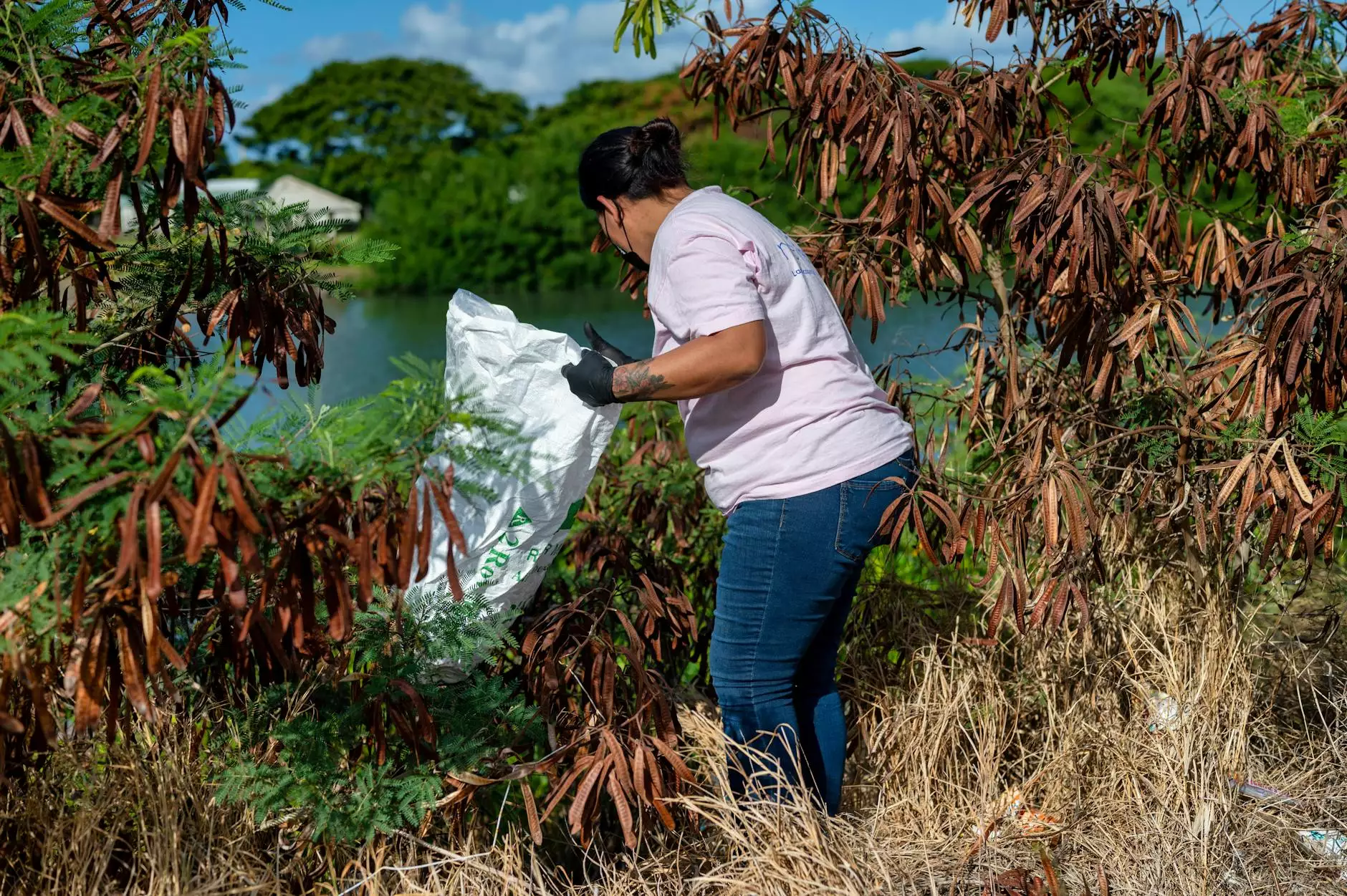Understanding the Landscape of Prostitution in Kenya

The topic of prostitution in Kenya is one that encompasses a wide array of social, economic, and legal factors. This article aims to provide a comprehensive overview of the situation surrounding prostitution, its implications, and the various elements that contribute to this complex issue.
The Current State of Prostitution in Kenya
Prostitution in Kenya, like in many parts of the world, exists within a context of legality, morality, and economic necessity. While the act of selling sex is not explicitly criminalized, the surrounding activities, including solicitation and running a brothel, can often lead to legal complications.
Legal Framework Governing Prostitution
The laws governing prostitution in Kenya are a patchwork that reflects the country's historical and cultural attitudes. According to the Penal Code of Kenya, while prostitution itself is not illegal, many related activities are. This means that sex workers often operate in a gray area, facing potential arrest while also seeking to earn a living.
Social Attitudes Towards Sex Work
Social stigma associated with sex work can lead to considerable challenges for those involved in the profession. Many sex workers face discrimination, lack access to healthcare, and deal with violence from both clients and law enforcement. Changing societal perceptions is crucial for improving the lives of sex workers and ensuring their rights are respected.
Economic Factors Influencing Prostitution
Economically, many individuals turn to prostitution out of necessity. For a significant portion of the population, especially in urban areas like Nairobi, limited job opportunities drive people towards sex work as a means of survival. Understanding the economic context is essential to addressing the broader issues of poverty and unemployment in Kenya.
The Impact of Tourism
Tourism plays a significant role in the dynamics of prostitution in Kenya. The influx of tourists can lead to increased demand for sex work, particularly in major tourist destinations, which in turn impacts local economies and contributes to a cycle of exploitation and opportunity.
Health and Safety Concerns for Sex Workers
Health risks are a critical concern in the discussion of prostitution in Kenya. Many sex workers lack access to basic health services, which increases their vulnerability to sexually transmitted infections (STIs) and other health issues. Community organizations and NGOs have been working to provide healthcare and support to these individuals.
Efforts for Better Health Services
Non-governmental organizations are key players in improving the health and safety of sex workers. Initiatives focusing on education about safe sex practices, access to medical care, and mental health support are vital in empowering sex workers and reducing stigma.
Empowerment and Advocacy for Sex Workers
Advocacy for the rights of sex workers is gaining momentum in Kenya. Several organizations are fighting for decriminalization and better working conditions for sex workers. Empowerment programs that offer alternative income-generating activities are also being developed to provide viable options outside of sex work.
The Role of Community Support
Community support is crucial in changing perceptions around prostitution in Kenya. Grassroots movements help to foster a more accepting environment, which can lead to better outcomes for those involved in sex work. This support can also aid in raising awareness about the challenges faced by sex workers.
Challenges and Future Prospects
Despite ongoing efforts, sex workers in Kenya continue to face numerous challenges. Legal barriers, social stigma, and economic hardship collectively hinder progress. However, as conversations around human rights and social justice continue to evolve, there is hope for more inclusive policies that recognize the dignity and rights of sex workers.
The Need for Comprehensive Policy Reform
Comprehensive policy reform is essential for addressing the unique challenges faced by sex workers in Kenya. This includes not only legal changes but also social programs aimed at employment, education, and healthcare access. Engaging with sex workers in the development of these policies is crucial to ensure they meet the actual needs of the community.
Conclusion: Towards a Better Understanding of Prostitution in Kenya
The landscape of prostitution in Kenya is complex and multifaceted, shaped by cultural, economic, and legal elements. By fostering understanding and compassion for those involved in sex work, and by advocating for policies that protect their rights, we can pave the way for a healthier and more equitable society.
Through education, advocacy, and community support, it is possible to create a more favorable environment for sex workers. As society continues to grapple with questions of morality and legality, it must also reckon with the realities of human experience, embracing all individuals' rights to safety, health, and dignity.









